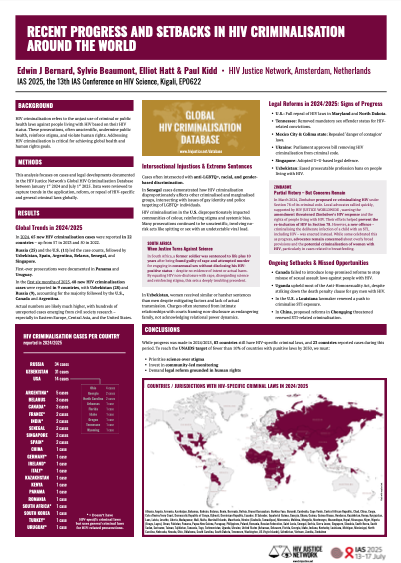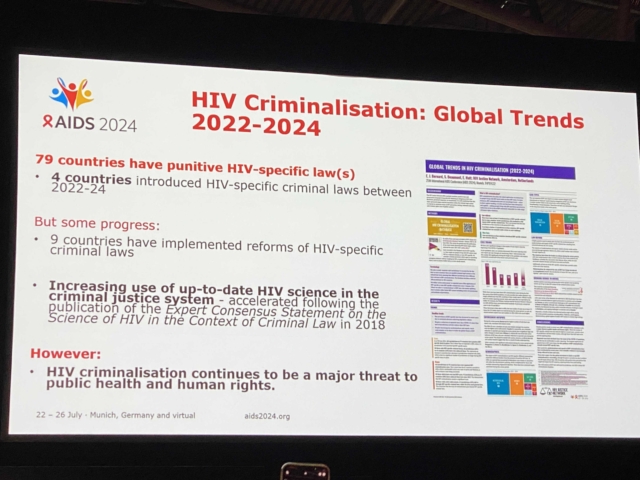Translated from French with Deepl.com – Scroll down for original article
Human rights groups that have set up the Tracking (In)Justice project are denouncing the use of the anti-spit mask, which police forces such as the Royal Canadian Mounted Police (RCMP) regard as an ‘essential’ tool.
The mask, which is placed over the head of an arrestee who wants to spit or bite police officers, is causing controversy. The mask has been used during certain interventions after which the arrested person died, although no link has been formally established between the use of the mask and the person’s death.
A useful and used tool
The Calgary Police Service uses the anti-spit mask.
According to its data (New Window), this tool was used 70 times in 2022 and 2023, more often than pepper spray, but less often than conducted energy weapons.
Members of the RCMP also use them, but their use is not systematically recorded, because the RCMP considers the mask to be a restraint device in the same way as handcuffs,’ she said in an email to Radio-Canada.
According to the RCMP, the mask prevents biological contamination from diseases and infections such as hepatitis and HIV. It says that this type of injury is the most frequently mentioned by officers.
A controversy
Alexander McClelland, Associate Professor at the Institute of Criminology and Criminal Justice at Carleton University in Ottawa, believes that the personal protection argument does not hold water.
We don’t know of many diseases that are transmitted solely by saliva. For example, HIV and hepatitis C are not transmitted by saliva. COVID-19 is an airborne disease. So you need a mask to prevent it, not a mesh fabric,’ says the member of Tracking (In)Justice, which brings together several organisations and collects data on the application of the law and criminal law.
Alexander McClelland believes that the mask is a dehumanising tool that serves no purpose other than to prevent a person from spitting, which could be avoided by de-escalation measures.
A dangerous tool?
I know that there have been about nine cases in Canada [between 2014 and 2022] where people have died after using balaclavas,’ says Alexander McClelland. They are used when a person is forcibly immobilised on the ground, a bonnet is applied and they are sprayed with pepper spray.
The RCMP is clear on this point: the bonnet must not be used to control a prisoner. To this end, it cites studies showing that the use of the mask, according to the manufacturer’s instructions, is safe.
However, in an internal memo (New Window), Alberta Health says the following: [Anti-choking] bonnets interfere with airway assessment and management and present a considerable risk, for example if the patient vomits or chokes. Agitation is also increased by interference with the patient’s vision.
Supervision measures
Masks are safe if staff follow a precise protocol.
They are supposed to be used in a context where no other type of force is applied and when the person [to whom the bonnet is applied] is seated and able to breathe effectively and normally,’ says Alexander McClelland.
When other types of force are applied, such as ground restraint, or if someone is handcuffed, or if someone is in a heightened state of anxiety because they are being held by the police, they may not be able to breathe effectively,’ he adds.
What’s more, the measures surrounding the use of this bonnet vary from one police force to another.
In the RCMP, the bonnet is considered a restraint device. It is therefore not subject to the same requirements as tools that fall into the Intervention Options category, which includes pepper spray, for which there are strict training and recertification requirements.
Prohibited use
In Australia, the anti-spit mask has been abolished.
Alexander McClelland explains that Australia made this decision following the death of a man in custody. It’s because [the masks] can be damaging and cause a lot of harm to people who are arrested or incarcerated,’ says McClelland.
For its part, the RCMP says it has no intention of stopping using them, but that if objective medical evidence shows the tool to be dangerous, it will take it into account.
Le masque anti-crachat, un outil controversé
Des groupes de défense des droits de la personne qui ont créé le projet Tracking (In)Justice dénoncent l’utilisation du masque anti-crachat, alors que les corps de police tels que la Gendarmerie royale du Canada (GRC) le perçoivent comme un outil « essentiel ».
Ce masque, qui est mis sur la tête d’une personne en état d’arrestation qui veut cracher ou mordre les policiers, suscite la controverse. Le masque a été utilisé durant certaines interventions après lesquelles la personne arrêtée est morte,bien qu’aucun lien n’ait été formellement établi entre l’utilisation du masque et la mort de la personne.
Un outil utile et utilisé
Le service de police de Calgary a recours au masque anti-crachat.
Selon ses données (Nouvelle fenêtre) (en anglais), cet outil a été employé 70 fois en 2022 et en 2023, soit plus souvent que les aérosols capsiques (gaz poivre), mais moins que les armes à impulsion électrique.
Les membres de la GRC y ont aussi recours, mais son usage n’est pas systématiquement répertorié, car elle considère le masque comme un dispositif de contrainte, au même titre que des menottes, dit-elle dans un courriel envoyé à Radio-Canada
Selon la GRC, le masque permet d’éviter la contamination biologique de maladies et d’infections comme des hépatites et le VIH. Elle affirme que ce type de blessures est le plus fréquemment mentionné par les agents.
Une polémique
Le professeur agrégé de l’Institut de criminologie et de justice criminelle à l’Université Carleton à Ottawa Alexander McClelland estime que l’argument de la protection individuelle ne tient pas la route.
Nous ne connaissons pas beaucoup de maladies qui se transmettent uniquement par la salive. Par exemple, le VIH et l’hépatite C ne se transmettent pas par la salive. La COVID-19 est une maladie qui se transmet par l’air. Il faut donc un masque pour l’éviter, pas un tissu en maille, affirme le membre de Tracking (In)Justice, qui regroupe plusieurs organisations et qui collecte des données sur l’application de la loi et du droit pénal.
Alexander McClelland juge que le masque est un outil déshumanisant, qui n’a d’autre utilité que d’empêcher une personne d’envoyer des crachats, ce qui pourrait être évité par des mesures de désescalade.
Un outil dangereux?
Je sais qu’il y a eu environ neuf cas au Canada [entre 2014 et 2022] où des personnes sont mortes après l’utilisation de cagoules, affirme Alexander McClelland. Elles sont utilisées lorsqu’une personne est immobilisée de force sur le sol, qu’on lui applique une cagoule et qu’elle est aspergée de gaz poivré.
Or, la GRC est claire sur ce point : la cagoule ne doit pas servir à contrôler un prisonnier. À cet effet, elle cite des études qui démontrent que l’usage du masque, selon les indications du fabricant, est sécuritaire.
Toutefois, dans une note interne (Nouvelle fenêtre) (en anglais), Service de santé Alberta dit ceci : Les cagoules [anti-crachat] gênent l’évaluation et la gestion des voies respiratoires et présentent un risque considérable, par exemple si le patient vomit ou s’étouffe. L’agitation est aussi accrue par l’interférence avec la vision du patient.
Des mesures d’encadrement
Le masque est sécuritaire, si les agents suivent un protocole précis.
Ils sont censés être utilisés dans un contexte où aucun autre type de force n’est appliqué et lorsque la personne [à qui on enfile la cagoule] est assise et capable de respirer efficacement et normalement, assure Alexander McClelland.
Lorsqu’on applique d’autres types de force, comme la contrainte au sol, ou si quelqu’un est menotté, ou si quelqu’un est dans un état d’anxiété accru parce qu’il est retenu par la police, il peut ne pas être en mesure de respirer efficacement, ajoute-t-il.
De plus, les mesures entourant l’usage de cette cagoule varient selon les corps policiers.
À la GRC, la cagoule est considérée comme un dispositif de contrainte. Elle n’est donc pas soumise aux mêmes exigences que les outils qui entrent dans la catégorie Options d’intervention, dont fait partie l’aérosol capsique, pour laquelle il y a des exigences strictes en matière de formation et de recertification.
Un emploi proscrit
En Australie, le masque anti-crachat a été aboli.
Alexander McClelland explique que ce pays a fait ce choix à la suite du décès d’un homme en détention. C’est parce que [les masques] peuvent être dommageables et causer beaucoup de tort aux personnes arrêtées ou incarcérées, affirme le spécialiste.
De son côté, la GRC déclare qu’elle n’a pas l’intention d’arrêter de l’utiliser, mais que, si des preuves médicales objectives démontrent la dangerosité de l’outil, elle va en tenir compte.

